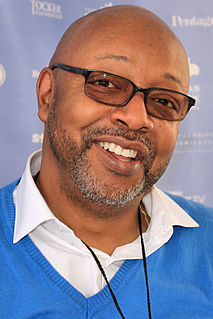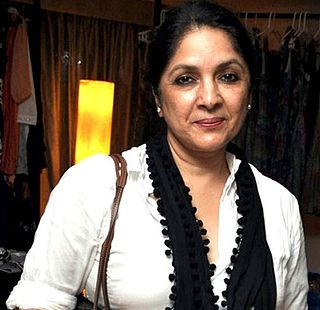A Quote by Tony Gilroy
I can't imagine directing from someone else's script.
Related Quotes
I think now that I've tried directing, I'm not interested in doing adaptations anymore. I could do an adaptation of someone else's work that I would write, but the idea of taking someone else's material entirely doesn't interest me. One of the things that I found really helpful, at least in my mind - and I've never discussed this with the actors or with the people I work with - is that being a neophyte in directing, I feel like I have a kind of authority simply because I'm the writer as well.
Directing, to me, starts even before we get to the set. Directing is a fluid, an abstract thing. It's not done only purely in the moment. It's an idea that you plant before. It's a location that you show. It's something I whisper in someone's ear. It's a freeform thing. It only takes me a week to write the script, but it's years that you're thinking about it. The execution is really the fast part.
As human beings, we aren't as individual as we'd like to believe we are. And I think that's what makes acting possible. Despite the fact that I have not experienced something, I have it in my human capacity to imagine it and to put myself in someone else's shoes, and to take someone else's circumstances personally.
People are always pleased to indulge their religiosity when it allows them to stand in judgment of someone else, licenses them to feel superior to someone else, tells them they are more righteous than someone else. They are less enthusiastic when religiosity demands that they be compassionate to someone else. That they show charity, service and mercy to everyone else.





































